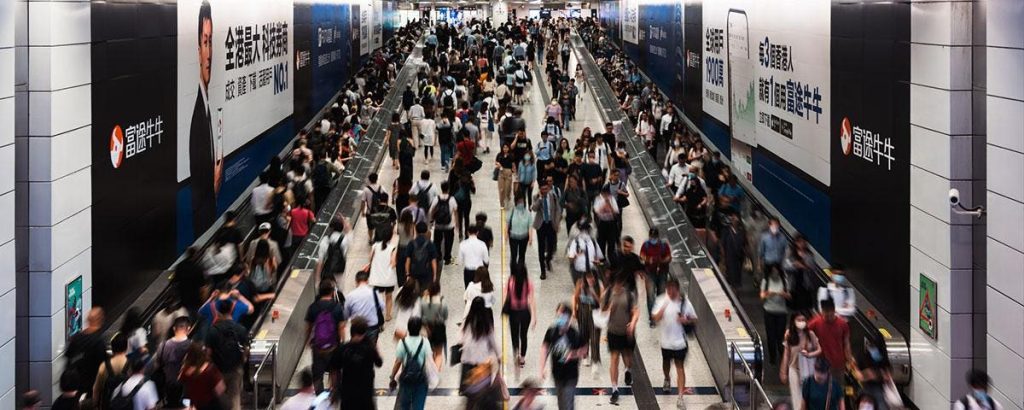Asian equities were hit by a wave of red following the Iran strikes and mixed macroeconomic data releases. China’s Q1 GDP beat estimates, but retail sales fell short, indicating the need to boost domestic consumption. The Renminbi remained flat despite positive economic news, with the central bank slowing interventions to maintain its value. Baidu’s AI chat bot reached 200 million users, but the company’s stock fell along with the broader technology and internet sectors.
German Chancellor Olaf Scholz is in Beijing discussing how China can help pressure Russia to end the war in Ukraine. China’s unique relationship with Russia puts it in a position to influence the situation, although trade discussions during Scholz’s visit remain uncertain. China released a draft proposal to tighten emissions caps, potentially boosting prices in its emissions trading system.
The Hang Seng and Hang Seng Tech indexes dropped, with mainland investors buying $1.3 billion in Hong Kong-listed stocks. Meanwhile, Shanghai, Shenzhen, and the STAR Board closed lower, with foreign investors selling $388 million in mainland-listed stocks. Webinars on China’s Q1 review and investment strategies as well as normalization in the markets are scheduled for upcoming dates.
Last night’s exchange rates showed the CNY per USD at 7.24, CNY per EUR at 7.70, and yields on government bonds fluctuating. Copper and steel prices also experienced minor changes. Overall, the economic landscape in Asia is facing challenges due to the ongoing Ukraine-Russia conflict and the need for countries like China to focus on boosting domestic consumption for sustainable growth.


